Report: US-based Facebook group initiated Cuba's wave of protests
A Facebook group was the first to arrange a protest in Cuba that kicked off a recent wave of anti-government protests in the Latin American nation, a new report has revealed.
The shadowy "City of Humor" - the nickname for San Antonio which hosts a biannual humor festival - was the group that initiated the protest movement, Reuters reported.
"Tired of having no electricity?" read a post in the group, which is run by three US-based administrators, on July 10. "Fed up of having to listen to the impudence of a government that doesn't care about you?"
"It's time to go out and to make demands. Don't criticize at home: let's make them listen to us,” the post adds.
Several Nicaraguans I interviewed from smaller cities and towns told me that the protests that snowballed into a violent coup in 2018 were launched by similarly conceived Facebook groups that began as local social spaces until they suddenly clamored for demos & regime change
— Max Blumenthal (@MaxBlumenthal) August 22, 2021
A day after the post, thousands of people took to the street in San Antonio, a town of some 50,000 people, 30 km (20 miles) southwest of Havana, that started a wave of protests throughout the country, which has resisted several coups attempts by old Cold War foe the United States.
The protests appeared largely spontaneous but an investigation by non-state Cuban outlet El Estornudo - cited by state television and confirmed by Reuters - recently confirmed that the first protest was convened online by the "City of Humor.”
Miami-based Alexander Perez, and the other administrators Danilo Roque and Lazaro Gonzalez of the Facebook group said they tried to "educate" Cubans about their civil rights and claiming them through protests.
Perez said Neither Roque and Gonzalez lived in San Antonio, which is a city in south-central Texas, and are operating under the pseudonyms to avoid reprisals.
The US-backed virtual communities like "The City of Humor" exhort Cubans to keep on protesting and expressing solidarity, with some even urging violence.
Countering the actions of such US-based groups is difficult for the Cuban government as it has allowed unfettered access to the internet, unlike some other countries, which block many Western social media apps.
Cuba has blamed the protests on online meddling by counter-revolutionaries backed by the United States, which has for decades sought sanctions and financing for Western democracy programs in the country.
The US-sponsored protests in Cuba erupted last month amid the nation’s worst economic crisis, resulting from increasing American economic and political pressures against it and a record surge in coronavirus infections. Protesters took to the streets, angry over shortages of basic goods, with pockets of violent inciters promoting US-sponsored slogans against the government.
Cuban President Miguel Diaz-Canel blamed the unrest on Washington, which in recent years has tightened its decades-old trade embargo on the island. He said while many protesters were sincere and upset with persisting hardships, some were manipulated by US-orchestrated social media campaigns.
The protests were triggered by the “manipulation and communication campaign financed by the US” with the objective of inciting people to take to the streets in order to bring instability to the country, Marlen Redondo, charge d’affaires of the Cuban embassy and permanent mission to the United Nations in Vienna, said in an interview with Press TV’s Richard Medhurst.
The US-led campaign has taken advantage of “the really hard situation” Cuba is facing due to the COVID-19 pandemic and worsened by the decades-long blockade of the country, she added.
Biden has not only kept Trump’s infamous maximum pressure campaign on Cuba, but he has also increased the sanctions, saying that this is just the beginning. Several prominent lawmakers in US Congress, specifically Republicans, have also advocated direct intervention in Cuba, even suggesting bombing strikes.
Numerous resolutions by the United Nations General Assembly have indicated that the US blockade of Cuba is against international law.
VIDEO | Mexico’s historic battle reenactment draws over 200,000 visitors
'ICE-style enforcement': nearly 70 groups slam EU migration policy
Araghchi holds key meetings in Geneva ahead of indirect Talks with US
Iran to hold 40th day commemoration for martyrs of terrorist riots
VIDEO | Pushing for peace
VIDEO | Iran-US nuclear talks in Geneva
Lebanon’s parliament speaker urges pressure on Israel to stop ceasefire violations
UK government asked not to release Mandelson emails on Epstein: Report


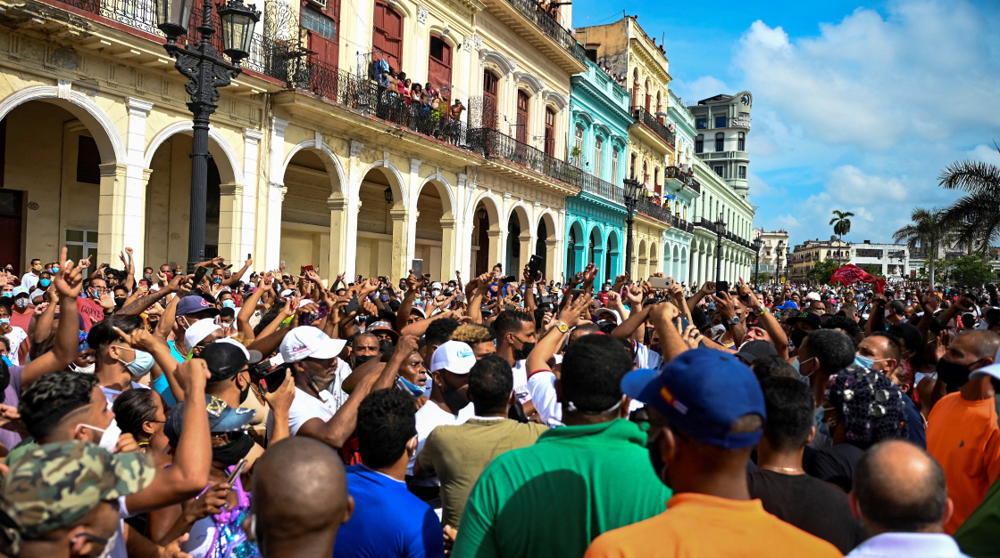
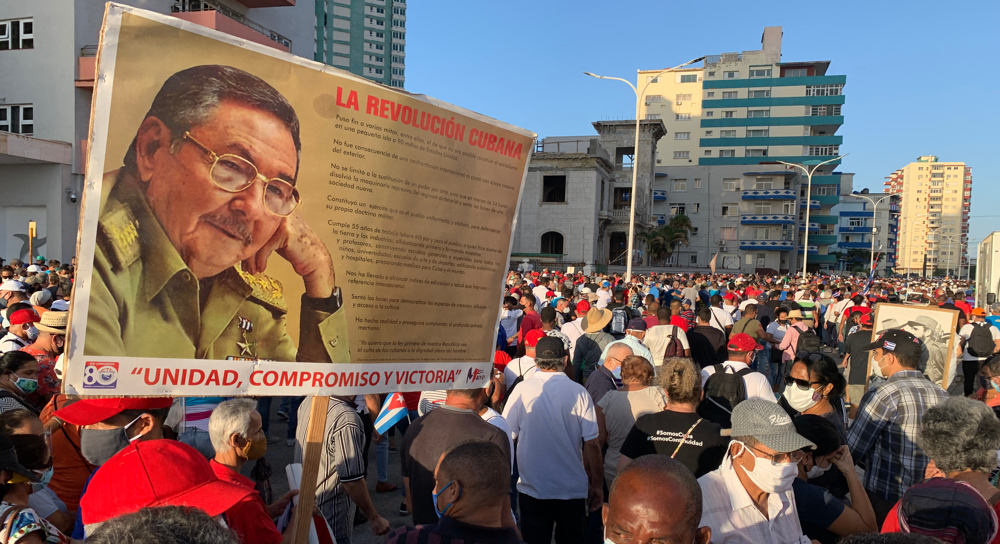
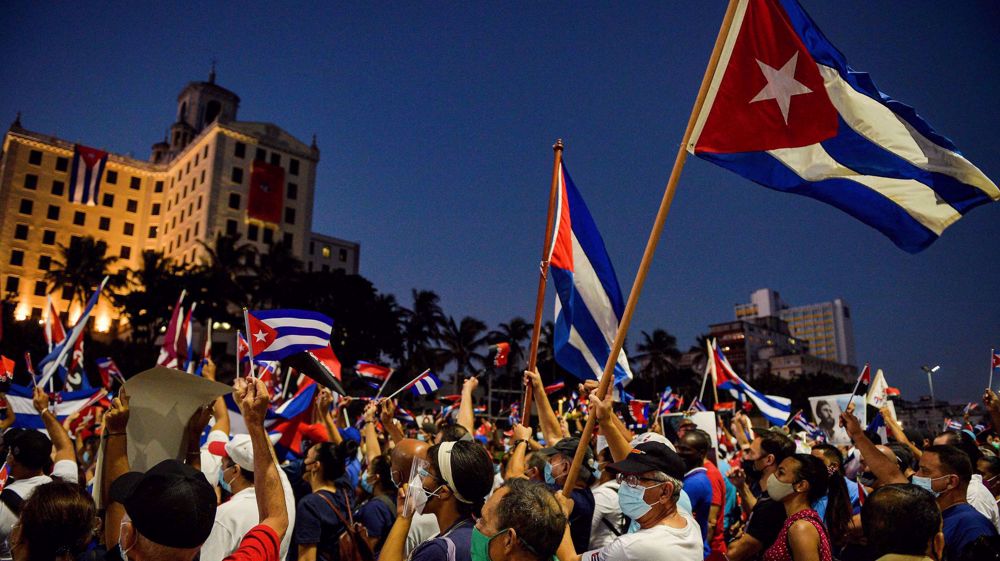


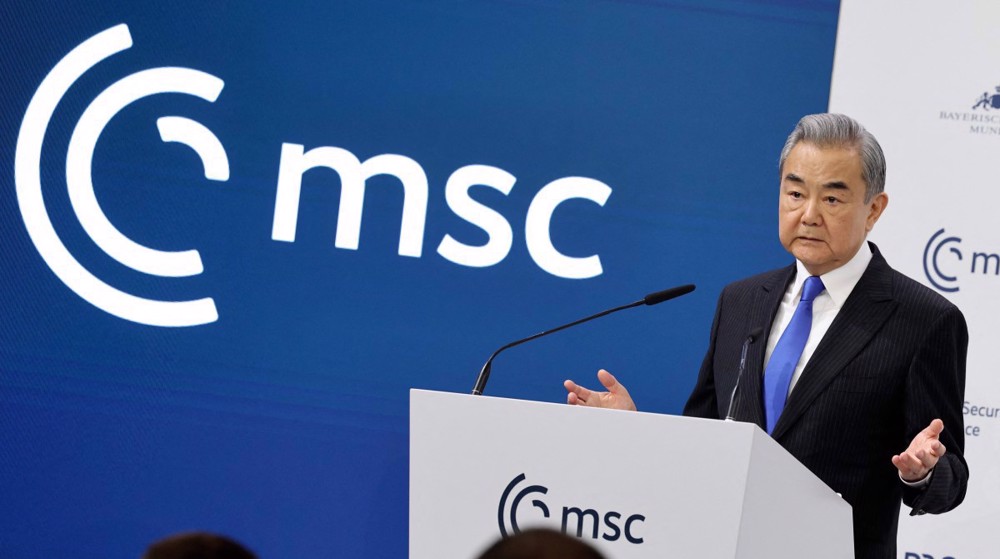



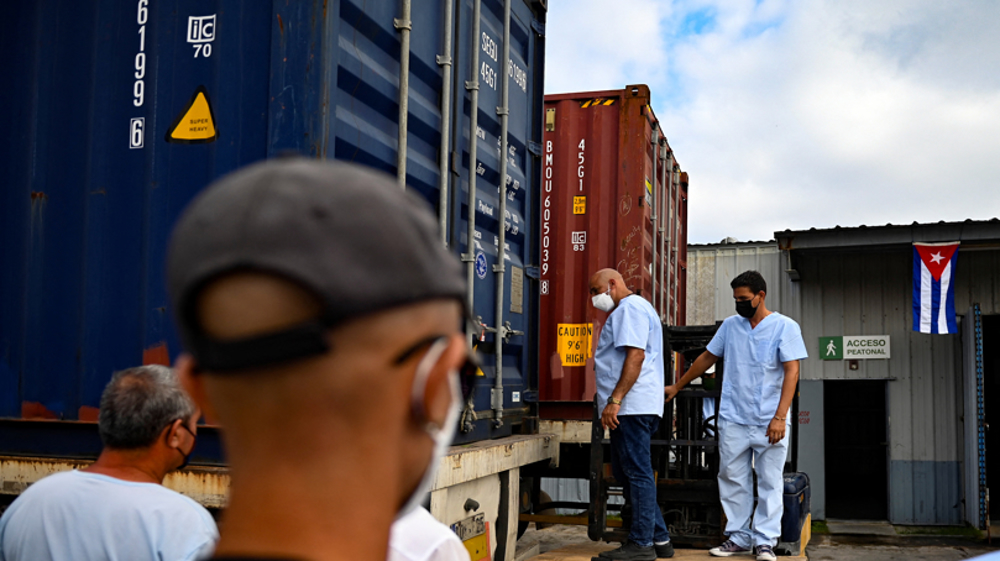
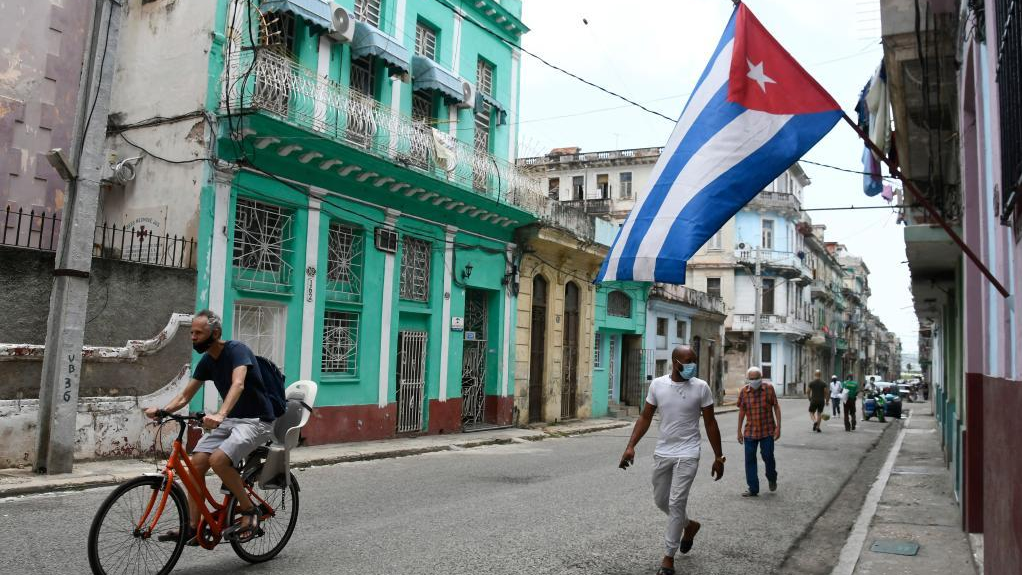
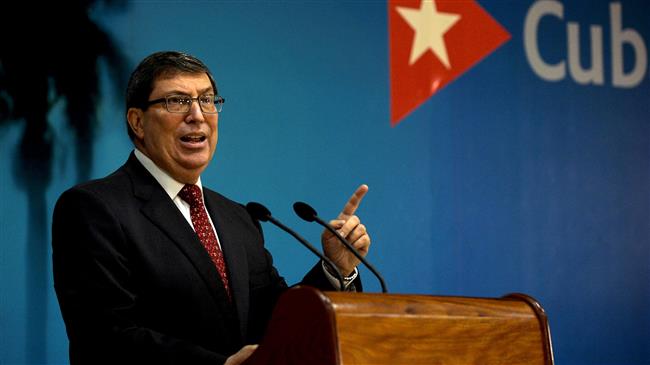
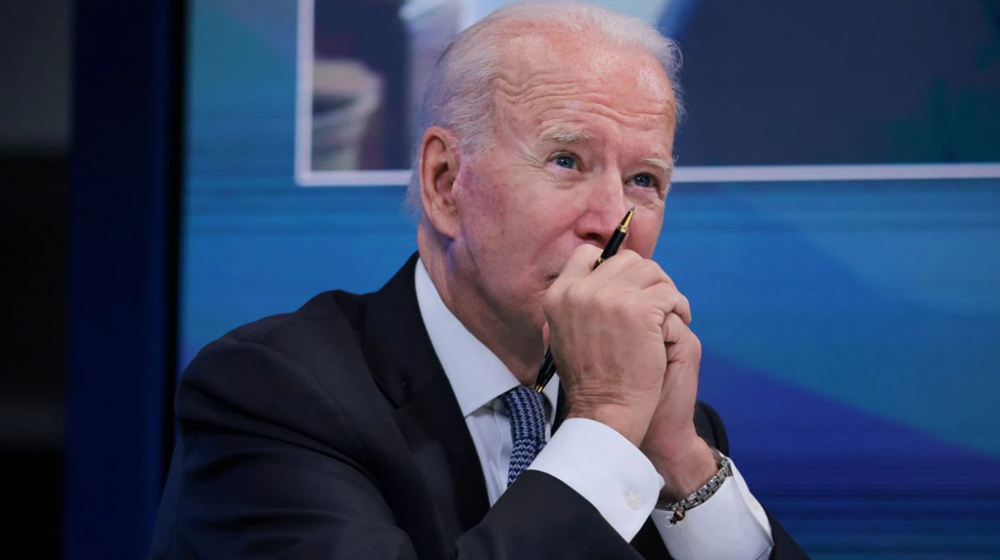
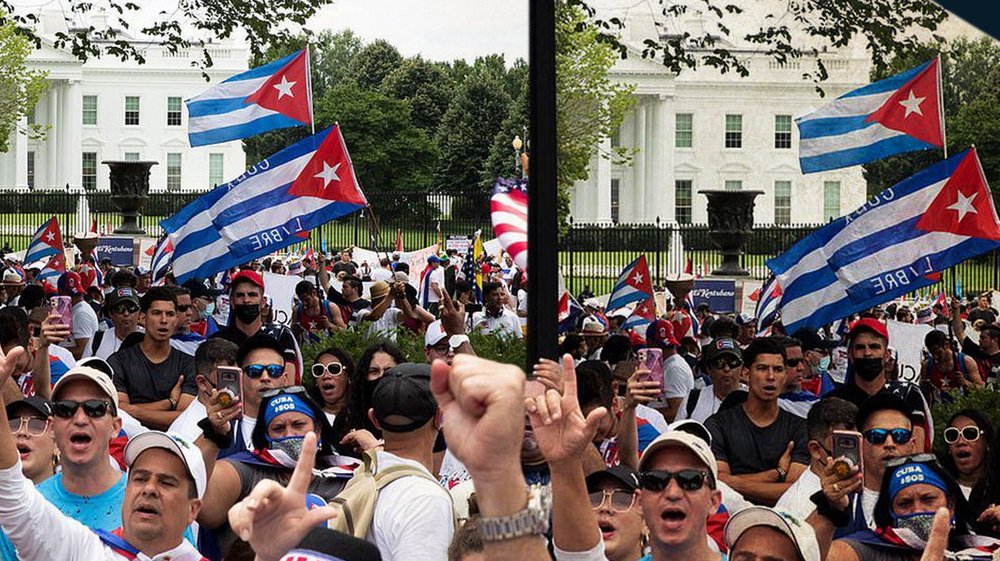

 This makes it easy to access the Press TV website
This makes it easy to access the Press TV website